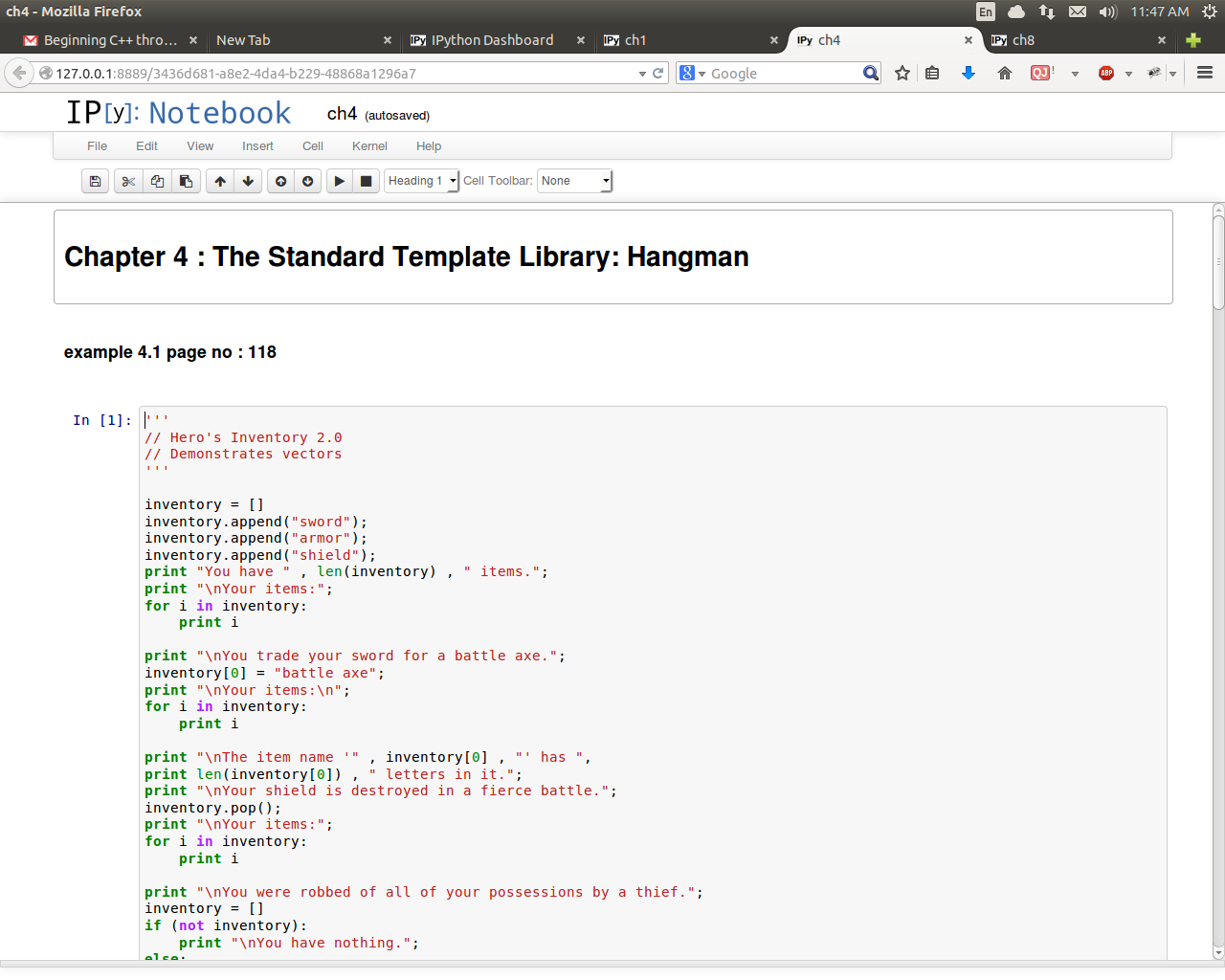Python Template Library

This function, which is a method of django.template.Library. Separated by spaces, may be passed to the template tag. Like in Python. It is a lightweight template library. The design goals. Genshi is a Python library that provides an integrated set of components for. WebComponents (last edited.
A super-fast templating language that borrows the best ideas from the existing templating languages. Mako is a template library written in Python. It provides a familiar, non-XML syntax which compiles into Python modules for maximum performance. Mako’s syntax and API borrows from the best ideas of many others, including Django templates, Cheetah, Myghty, and Genshi. Conceptually, Mako is an embedded Python (i.e. Python Server Page) language, which refines the familiar ideas of componentized layout and inheritance to produce one of the most straightforward and flexible models available, while also maintaining close ties to Python calling and scoping semantics.
Templates Being a web framework, Django needs a convenient way to generate HTML dynamically. The most common approach relies on templates. A template contains the static parts of the desired HTML output as well as some special syntax describing how dynamic content will be inserted. For a hands-on example of creating HTML pages with templates, see. A Django project can be configured with one or several template engines (or even zero if you don’t use templates).
Django ships built-in backends for its own template system, creatively called the Django template language (DTL), and for the popular alternative. Backends for other template languages may be available from third-parties. Django defines a standard API for loading and rendering templates regardless of the backend.
Loading consists of finding the template for a given identifier and preprocessing it, usually compiling it to an in-memory representation. Rendering means interpolating the template with context data and returning the resulting string. The is Django’s own template system. Until Django 1.8 it was the only built-in option available. It’s a good template library even though it’s fairly opinionated and sports a few idiosyncrasies. If you don’t have a pressing reason to choose another backend, you should use the DTL, especially if you’re writing a pluggable application and you intend to distribute templates. Django’s contrib apps that include templates, like, use the DTL.
For historical reasons, both the generic support for template engines and the implementation of the Django template language live in the django.template namespace. Usage The django.template.loader module defines two functions to load templates. Get_template( template_name, using=None) This function loads the template with the given name and returns a Template object. The exact type of the return value depends on the backend that loaded the template. Each backend has its own Template class. Get_template() tries each template engine in order until one succeeds.
If the template cannot be found, it raises. If the template is found but contains invalid syntax, it raises. How templates are searched and loaded depends on each engine’s backend and configuration.
If you want to restrict the search to a particular template engine, pass the engine’s in the using argument. Select_template( template_name_list, using=None) select_template() is just like get_template(), except it takes a list of template names. It tries each name in order and returns the first template that exists.
If loading a template fails, the following two exceptions, defined in django.template, may be raised: exception TemplateDoesNotExist( msg, tried=None, backend=None, chain=None) This exception is raised when a template cannot be found. It accepts the following optional arguments for populating the on the debug page: backend The template backend instance from which the exception originated. Tried A list of sources that were tried when finding the template. This is formatted as a list of tuples containing (origin, status), where origin is an object and status is a string with the reason the template wasn’t found.
Prism Armageddon Download Mp3. Chain A list of intermediate exceptions raised when trying to load a template. This is used by functions, such as, that try to load a given template from multiple engines. Exception TemplateSyntaxError( msg) This exception is raised when a template was found but contains errors. Download Ultraman Zero The Revenge Of Belial Sub Indo here. Template objects returned by get_template() and select_template() must provide a render() method with the following signature: Template. Render( context=None, request=None) Renders this template with a given context.